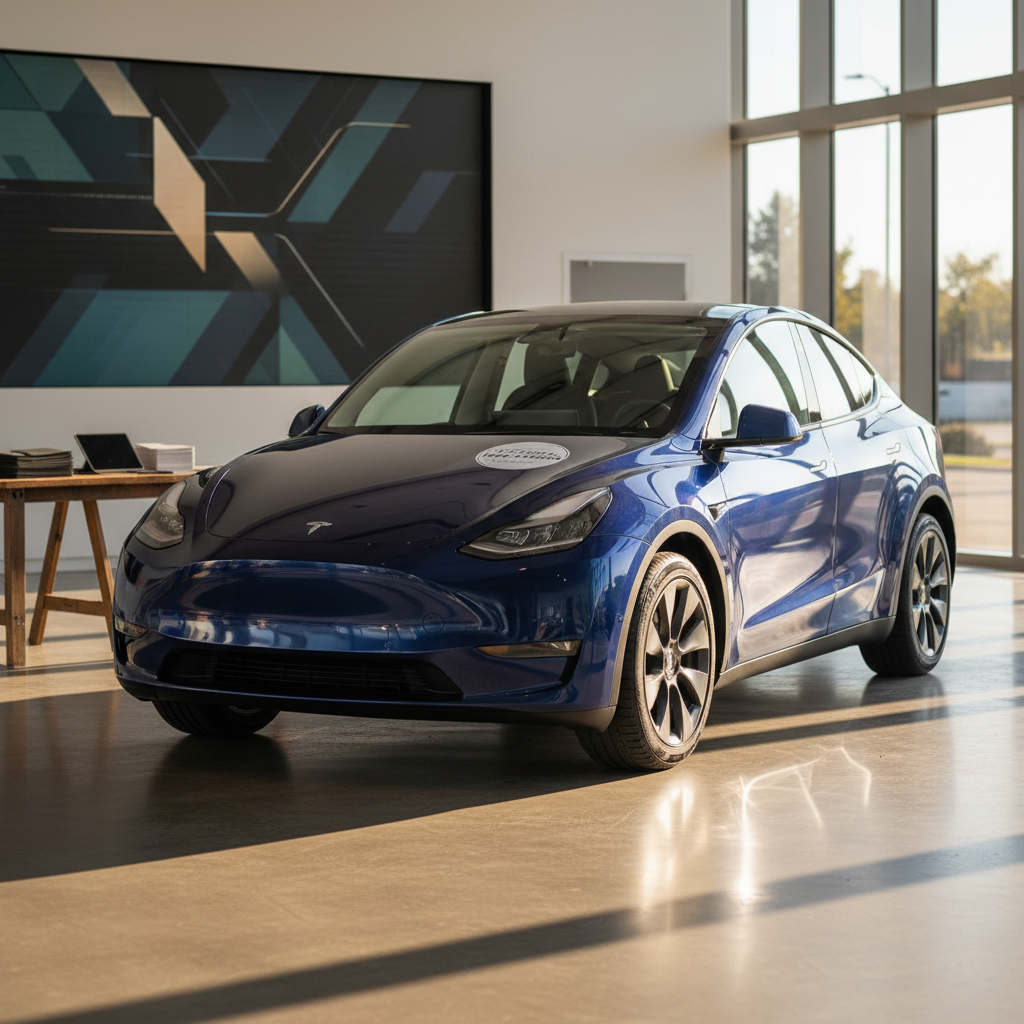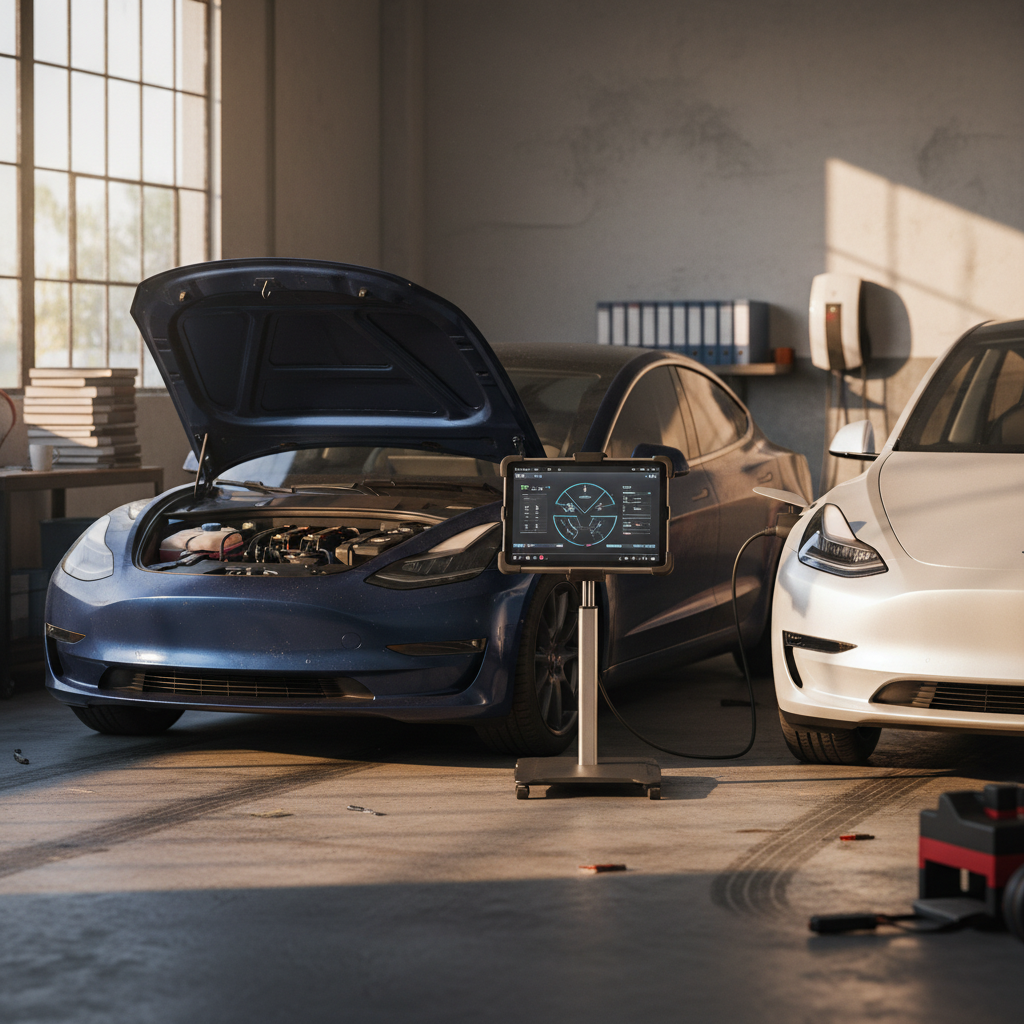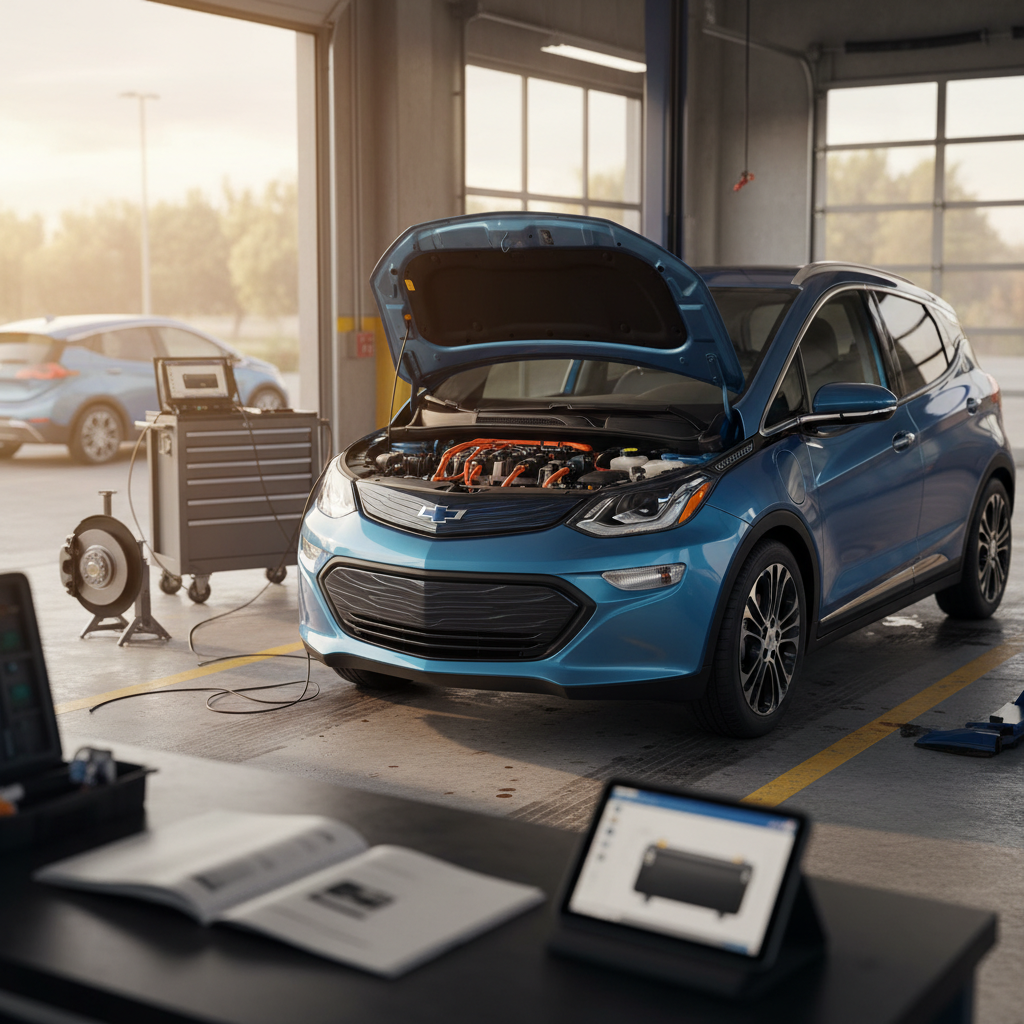You hear it everywhere: “electric cars are better”. Better for your wallet, better for the planet, better to drive. But in 2025 the picture is more nuanced. Electric vehicles (EVs) really are better on several important fronts, but not for every driver, in every situation. This guide breaks down why electric cars are better in many cases, when they aren’t, and how to decide what makes sense for you.
Quick answer

Why people say electric cars are better
- They cost less to power per mile than comparable gas cars in most U.S. states.
- They have fewer moving parts, so maintenance needs and breakdown risks are lower.
- They produce no tailpipe emissions, and total lifecycle emissions are usually much lower than gasoline.
- Electric motors deliver instant torque, making everyday driving smoother and quicker.
- Most charging happens while you sleep, so “fueling” becomes something you don’t think about.
Think in total cost, not sticker price
Are electric cars actually cheaper to own?
There’s a lot of conflicting noise about EV costs. AAA’s 2025 data shows that new EVs can still cost more per year to own than comparable gas cars once you factor in higher purchase prices, insurance, and depreciation. At the same time, independent breakdowns consistently show that energy and maintenance costs are dramatically lower for EVs, and over longer ownership periods those savings compound.
EV vs gas costs at a glance (typical U.S. driver, 2025)
Where EVs save you money
- Energy cost per mile: A typical EV uses about 30 kWh per 100 miles. At $0.15/kWh, that’s about $4.50 per 100 miles. A 30‑mpg gas car at $3.50/gal costs around $11.70 per 100 miles.
- Maintenance: No oil changes, fewer fluids, far fewer moving parts. Regenerative braking also extends brake life dramatically.
- City driving: Stop‑and‑go traffic hurts gas mileage but hardly affects EV efficiency.
Where EVs can cost more
- Purchase price: Average EV prices are still higher than comparable gas cars, and some federal tax credits are ending or limited.
- Insurance: Many EVs carry 10–20% higher insurance premiums because of repair costs and expensive sensors.
- Depreciation: Some models depreciate faster than their gas counterparts, especially if new versions get big battery upgrades.
Watch the incentives calendar
If you buy new, finance the car, and trade out every five years, gas may still look cheaper for many models in 2025. But if you buy used, keep the car longer, or drive high annual mileage, EVs often win decisively on total cost of ownership.
Are electric cars really better for the environment?
One common myth is that EVs are just as dirty as gas cars because of battery manufacturing and power‑plant emissions. The latest lifecycle analyses say otherwise. Yes, building an EV, especially its battery, emits more CO₂ upfront than building a gas car. But thanks to much lower emissions while driving, most EVs “break even” within the first 1–2 years of average driving, then pull ahead.
How EVs cut emissions over their lifetime
The details vary by state, but the direction is the same: cleaner over time.
Zero tailpipe pollution
Cleaner electricity every year
Battery recycling & reuse
Lifecycle perspective
There are valid environmental questions left, mining impacts, recycling at scale, and how quickly the grid can decarbonize. But if your yardstick is “pounds of CO₂ per mile over a car’s life,” electric wins today and should keep widening that lead as the energy system gets cleaner.
Performance: why EVs feel better to drive
Even if you ignored costs and emissions, many drivers switch to electric for one simple reason: they’re more pleasant to drive. Electric motors deliver maximum torque from zero rpm, and you feel that every time you pull away from a light or merge onto the highway.
Everyday driving advantages of EVs
Not just 0–60 times, how the car feels at 0–35, all day long.
Instant torque
Quiet cabin
One-pedal driving
Once you’ve lived with instant torque and one‑pedal driving for a while, going back to a traditional automatic transmission feels like stepping back a decade.
If you care about refinement and response more than engine sound and shifting, electric powertrains are a clear upgrade. The catch is that extra weight from large battery packs can make some EVs feel heavier over rough roads, which is something to keep in mind if you prioritize sharp handling.
Convenience, charging, and daily living
The biggest psychological hurdle for many first‑time shoppers isn’t cost or performance, it’s charging. The good news is that for most U.S. drivers, daily charging becomes easier than gas. You plug in at home, wake up with a “full tank,” and rarely think about it. The challenge is planning for the 10–20% of miles that aren’t close to your driveway.
What charging an EV really looks like for most owners
1. Home is your main “gas station”
If you have a driveway or garage and can install a Level 2 charger, 80–90% of your charging will probably happen at home while you sleep.
2. Level 2 makes life easy
A 240V Level 2 charger typically adds 20–40 miles of range per hour. That’s enough to refill a week of commuting in a single night.
3. Fast charging is for road trips
DC fast chargers can add 150–200 miles in 20–30 minutes on many newer EVs. You’ll plan a bit more than with gas, but it’s manageable with today’s networks.
4. Apps replace guesswork
Charging apps and in‑car navigation show live station availability, prices, and charging speeds. The experience has improved dramatically in the last few years.
5. Apartments are the tricky edge case
If you can’t install charging where you live, you’ll rely on workplaces and public stations. That can still work, but it’s a critical detail to figure out up front.
Where charging can be a deal-breaker
Battery life, reliability, and myths to ignore
Another reason people ask whether electric cars are better is fear of the battery: “Won’t I need an expensive replacement in a few years?” Real‑world data paints a calmer picture. Most modern EV batteries are designed for well over 100,000 miles of use, and many are lasting far beyond that with only modest range loss.

Battery realities vs fears
What’s actually happening as today’s EVs age.
Degradation is usually gradual
Warranties are long
Cold weather and range
On reliability more broadly, EVs eliminate entire systems that commonly fail on gas cars, exhausts, fuel systems, transmissions, and more. That doesn’t mean EVs are trouble‑free; issues can shift toward software glitches, charging hardware, or specific model design flaws. But mechanically, there’s simply less to go wrong.
When a gas car can still be the better choice
So if electric cars are better in so many ways, why isn’t everyone driving one yet? Because there are still clear cases where a gas car, or sometimes a hybrid, fits better. The honest answer is that EVs are not universally better; they’re better when your life lines up with their strengths.
EV vs gas: when each tends to win in 2025
These are general patterns, not hard rules, but they’re a useful starting point.
| Your situation | EV advantage? | Why |
|---|---|---|
| You drive 12,000–20,000 miles/year and have home charging | Strongly yes | Fuel and maintenance savings stack up quickly, and you barely visit gas stations or public chargers. |
| You drive under 6,000 miles/year and pay very high electricity rates | Often no | Lower fuel savings may not offset higher purchase price and insurance. |
| You live in an apartment with no reliable charging | Usually no | Public-only charging can be inconvenient and more expensive. |
| You do frequent cross-country road trips with tight schedules | It depends | Fast-charging networks are better than ever, but still slower and less predictable than gas in some regions. |
| You mostly drive in cities or suburbs with occasional road trips | Often yes | EVs shine in stop-and-go traffic and can handle a few planned charging stops on longer trips. |
Consider your driving pattern, housing, and local electricity costs before deciding.
Beware “one-size-fits-all” takes
Why used electric cars are often the sweet spot
New‑car economics in 2025 are messy: EVs can have higher total ownership costs in the first five years, mostly because of price and depreciation. But the used EV market is where many of the “why are electric cars better?” arguments come together most clearly.
1. Someone else already paid the steepest depreciation
Like gas cars, EVs lose the biggest chunk of value in the first few years. Buying 2–5 years used lets you benefit from that drop while still getting plenty of battery life and warranty coverage.
Because EV drivetrains have fewer wear items, a well‑kept used EV can feel surprisingly “new” mechanically compared to an older gas car.
2. You still get the low running costs
You don’t give up the core EV advantages when you buy used: electricity is still cheaper than gas in most regions, and you still avoid oil changes, transmission services, and many common repairs.
Some buyers also prefer proven real‑world range over optimistic new‑car window stickers, and there’s now enough data on many models to know how they age.
Why a battery health report matters
For many buyers, a well‑priced used EV with documented battery health, known real‑world range, and most of its depreciation behind it is the cleanest, lowest‑stress way to step into electric ownership.
How Recharged makes EV ownership simpler
If you’ve decided that an electric car probably is better for your life, but the process still feels opaque, that’s exactly the gap Recharged was built to fill. We focus exclusively on used EVs, combining transparent battery data with a modern retail experience.
What you get when you buy or sell an EV with Recharged
Designed around the quirks and questions unique to electric cars.
Recharged Score battery report
Fair, data-backed pricing
End-to-end EV support
In other words, Recharged is designed for the reality that EVs are different, especially as used vehicles. Our job is to make those differences work in your favor instead of becoming sources of anxiety.
FAQ: Common questions about why EVs are better
Frequently asked questions
Bottom line: are electric cars better, for you?
Electric cars are genuinely better than gas cars on several key dimensions: they’re cleaner over their lifetime, smoother and quieter to drive, and usually cheaper to fuel and maintain. But “better” isn’t one‑size‑fits‑all. In 2025, EVs are a clear win if you have good charging access, drive a reasonable number of miles each year, and either buy used or plan to keep the car long enough for operating savings to matter.
If you’re ready to see whether a used EV fits your life, you can explore vehicles with verified battery health, transparent pricing, and EV‑savvy support from the first question to the final signature at Recharged. The technology is ready. The real question is whether your driving pattern and charging options line up with what electric does best.



